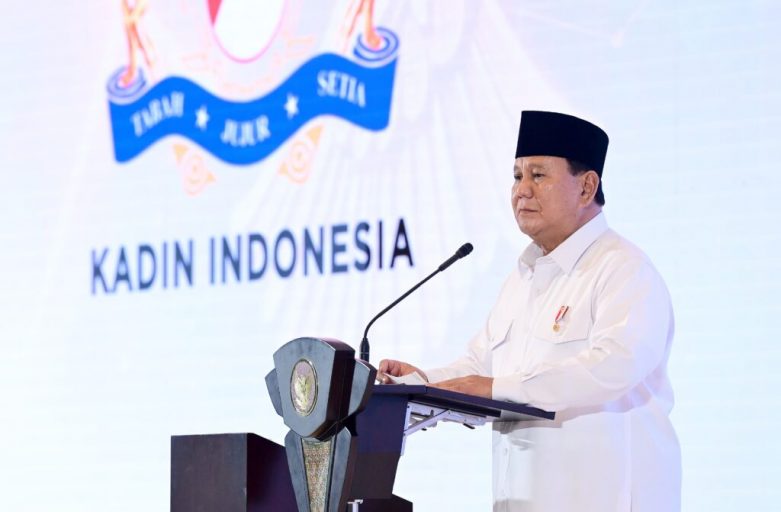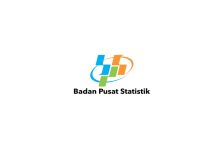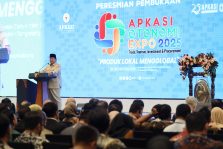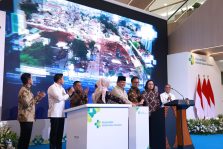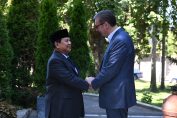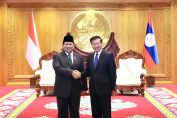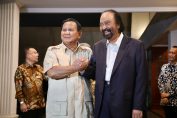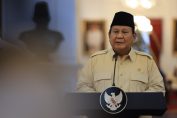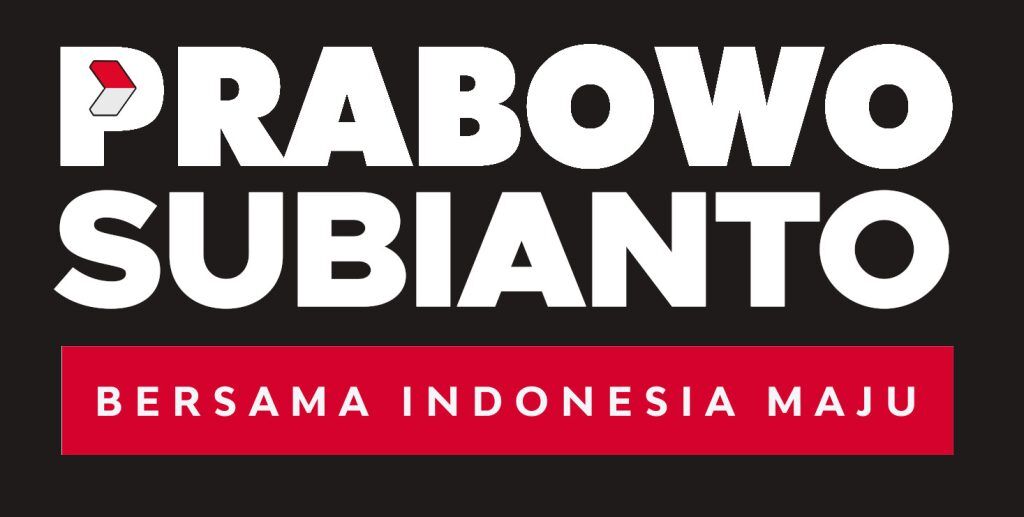Indonesia’s economic turnover (GDP) in 2024 has reached IDR 22,138 trillion. This figure consists of household consumption (54%), investment (29%), exports (22%), government consumption (8%), non-profit institutional consumption (1%), and imports (-20%).
Maintaining a trade surplus—where exports exceed imports—is crucial to sustaining Indonesia’s GDP. Since May 2020, Indonesia has successfully kept its trade balance in surplus for 58 consecutive months.
In 2024, Indonesia’s total trade surplus reached USD 31 billion. The country recorded a surplus of USD 15 billion with India, USD 14 billion with the United States, USD 9 billion with the Philippines, USD 5 billion with Japan, and between USD 1 to 4 billion with the Netherlands, Vietnam, Bangladesh, Pakistan, Taiwan, and Mexico.
After months of discussions, U.S. President Trump announced last night (WIB) an updated list of import tariffs on products from several countries, including Indonesia. President Prabowo and his cabinet have proactively prepared a series of strategic measures to sustain Indonesia’s trade surplus and bolster economic resilience. Here are three key initiatives:
Expanding Indonesia’s Trade Partnerships
One of President Prabowo’s first moves after taking office was applying for Indonesia’s membership in BRICS, which accounts for 40% of global trade.
Indonesia’s membership in BRICS strengthens its extensive portfolio of multilateral trade agreements, including the Regional Comprehensive Economic Partnership (RCEP) with 10 ASEAN countries, Australia, China, Japan, South Korea, and New Zealand. RCEP alone covers 27% of global trade.
Additionally, President Prabowo is overseeing Indonesia’s accession to the OECD (64% of global trade), the Comprehensive and Progressive Agreement for Trans-Pacific Partnership (CPTPP) (14%), the Indonesia-EU Comprehensive Economic Partnership Agreement (IEU-CEPA) (14%), and the Indonesia-EAEU CEPA (2.5%).
Beyond multilateral trade agreements, Indonesia has also established bilateral trade agreements with South Korea, Japan, Australia, Pakistan, the United Arab Emirates, Iran, Chile, and several other nations.
Accelerating Downstream Processing of Natural Resources
Indonesia’s export value is heavily dominated by natural resource-based products. However, a large portion of these resources are exported in raw or minimally processed form.
The government’s downstream processing policy aims to significantly increase export value. For example, Indonesia’s nickel and derivative exports were valued at only USD 3.7 billion in 2014, but surged to USD 34.3 billion in 2022—thanks to well-executed downstream processing policies.
President Prabowo’s establishment of BPI Danantara on February 24, 2025, will accelerate the implementation of downstream policies, which were previously highly dependent on foreign investment. By consolidating economic strength through BPI Danantara, Indonesia can independently fund strategic downstream processing projects.
BPI Danantara will invest in the downstream processing of eight key natural resource-based industries:
- Minerals
- Coal
- Petroleum
- Natural gas
- Plantations
- Marine resources
- Fisheries
- Forestry
Strengthening Domestic Consumption Resilience
The rapid implementation of the Nutritious Free Meal Program (MBG), targeting 82 million beneficiaries by the end of 2025 with 30,000+ Nutritional Fulfillment Service Units (SPPG), alongside the plan to establish 80,000 Red and White Village Cooperatives (KDMP), is a significant step in boosting rural cash flow, creating millions of new jobs, and increasing domestic consumption.
With these three key economic strategies, President Prabowo is ensuring that Indonesia remains resilient and optimistic amid global economic challenges, including disruptions caused by new U.S. tariffs.

